Rediscovering my roar with HERI
This post was written by Kimberleigh Tommy, a PhD candidate at the Human Variation and Identification Research Unit at the School of Anatomical Sciences, University of the Witwatersrand.
When I first received a message from Dr Robyn Pickering asking if I would like to give a seminar at HERI last year, I almost didn’t believe it – even when the flights were booked!
Truth be told, I needed the trip. I had been feeling like I was drowning. My batteries were low, and I needed to be around a support system to recharge.
Academia can be a toxic space for mental health. I have experienced this first-hand and I did not consider myself worthy to be invited for a seminar simply because I had lost faith in myself.
This is when I realised that the two senior women who had invited me to HERI had suffered similar experiences: we were made to feel like we didn’t belong, like we didn’t deserve to be here. The fact that they fought through that and are now where they are gives me immense hope for myself and for the women, I hope, who come behind me.
At HERI I was invited to speak about transformation and diversity, something that I am proud to do. But often it overshadows the fact that I too am a researcher, a capable scientist who can contribute to the scientific body and community.
The family at HERI did not make me feel like I was just a voice on diversity. Instead I felt invited first as a young scientist. As I stood in the HERI space as a woman of colour, I did not feel intimidated or like an impostor. I was not belittled, dismissed or ‘mansplained’ – and it was REFRESHING!
It’s a weird feeling to question your worth because of prolonged exposure to an unhealthy environment. Where I once roared like a lion, I found my voice had turned into the squeak of a mouse. I was afraid: afraid to speak my truth, afraid to challenge what I knew in my core was wrong, afraid to leave my comfort zone, afraid to fail, afraid to take a stand.
Simply put, I was really scared to be myself.
There are so many challenges that come with being a woman in this field, especially for women of colour. There are also few people in positions to change that who actually listen to what we have to say. This is the magic of HERI.
I call it magic because the culture HERI has established is one that admits flaws and challenges. HERI doesn’t shy away. Instead it is dedicated to being better and doing better.
It does this while also understanding that to accomplish this, it must help amplify the voices of those whose roars have turned to squeaks.
HERI doesn’t speak for us but uses its power, privilege and position to offer a platform and a support system to voice our truths. That’s where true transformation begins – inviting people from different walks of life to listen, to acknowledge our biases and privileges and then to put in the work to dismantle them.
The highlight of my trip was engaging with other scholars who face similar challenges. I had been stuck in my bubble, convinced I was going through certain experiences with a select few when, in actual fact, we are a community that extends to (probably) every institution of higher learning in South Africa.
My trip may have been short, but the lessons I learned will last me a lifetime. Thank you HERI, for reminding me that I was always a lion.
Photo credit: Brett Eloff Photography
